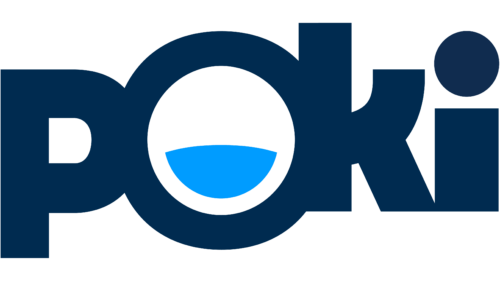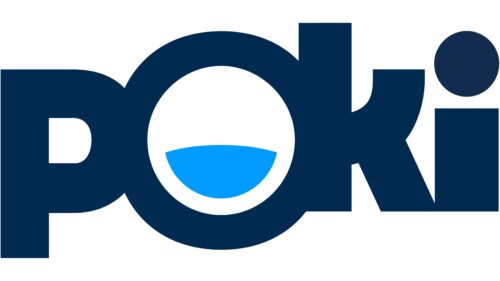Poki is a digital playground hosting a vast array of free, web-based games. Focused on providing instantly accessible fun, it targets a global audience, prioritizing user-friendly experiences. Privately owned, Poki’s main market is the casual gaming sector, connecting developers to players worldwide, without the need for app downloads, fostering a community around interactive entertainment.
Meaning and history
The narrative of Poki begins as a startup brainchild, evolving into a prominent online gaming platform. Established in Amsterdam, it grew from a modest portal into a global gaming ecosystem, never straying from its roots, yet significantly expanding its reach. Poki has maintained a consistent ownership structure, notable for not having a history of corporate handovers. The company’s trajectory has been characterized by organic growth, primarily driven by user engagement and partnership with game developers. Poki’s production shifted from a simple aggregator to providing a curated selection, supporting game creators through revenue-sharing models. This evolution reflects the company’s dedication to both the players seeking entertainment and developers seeking visibility. Poki continues to thrive on its original ethos of accessibility, community, and playfulness, making games available directly via browsers, sidestepping the app store-centric model that dominates mobile gaming.
Today
Logo Poki features a bold, sans-serif typeface with the letter “O” stylized as a white circle cradled by a blue semi-ellipse. The letters “P” and “K” smoothly connect, symbolizing continuity and connection. The “I” stands apart with its round dot. The color palette is a deep blue.








